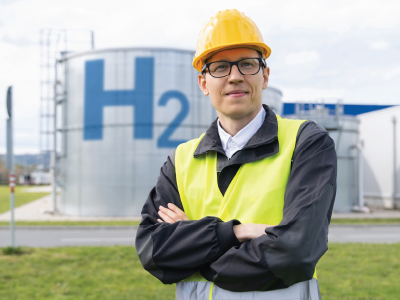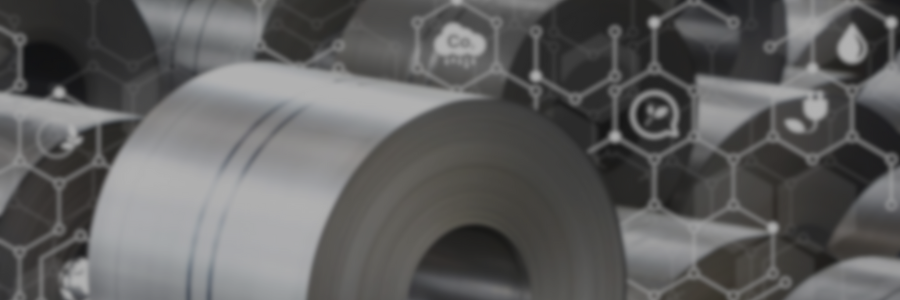1 hours
9 lessons
Not rated yet
1
Description
This collection of Fact sheets in microlearning format provides an in-depth exploration of key Decarbonisation Strategies for steelmaking, using the latest insights and case studies from global industry leaders. Each microlearning focuses on one technological or resource-based solution, analyzing its potential, challenges, and role in the industry’s roadmap to low-carbon steel.
Course content
Learning Outcomes
-
Explain the potential applications of biomass, waste-derived fuels, and hydrogen in the steel industry.4
-
Know the types of raw materials used in the process, such as iron ore, scrap metal, and fluxes. Understand their roles and impacts on the steelmaking process.4
-
Understands the fundamental concept of Carbon Capture and Storage (CCS).4
-
Ensure compliance with environmental regulations related to circular economy practices.4
-
Ensure compliance with environmental regulations related to circular economy practices.4
-
Understands the handling and preparation of raw materials, including iron ore pellets, coal, and reductants.4
-
Possesses knowledge of main energy-efficient technologies.4
-
Identifies simple opportunities for energy conservation within own activities and steel manufacturing processes.4
-
Describe the process of electrolysis.4
-
Implement direct reduction using hydrogen in the blast furnace.4
-
Explain the potential environmental benefits of using hydrogen in steelmaking, including the reduction of greenhouse gas emissions.4
-
Project management principles, including cost estimation, scheduling, and risk assessment in infrastructure projects.4
-
Explain the industry's sustainability goals and initiatives related to low carbon steelmaking.4
-
Possesses knowledge of energy-efficient technologies and practices and how steel materials can contribute to improving energy efficiency in various applications.4
Related Occupations

Hydrogen Operations Manager
Oversees operations related to the storage, handling, and distribution of hydrogen energy. Their main functions include strategic planning, operational oversight, and ensuring compliance with safety and environmental standards.
Related Qualifications
There are currently no related items to show.



